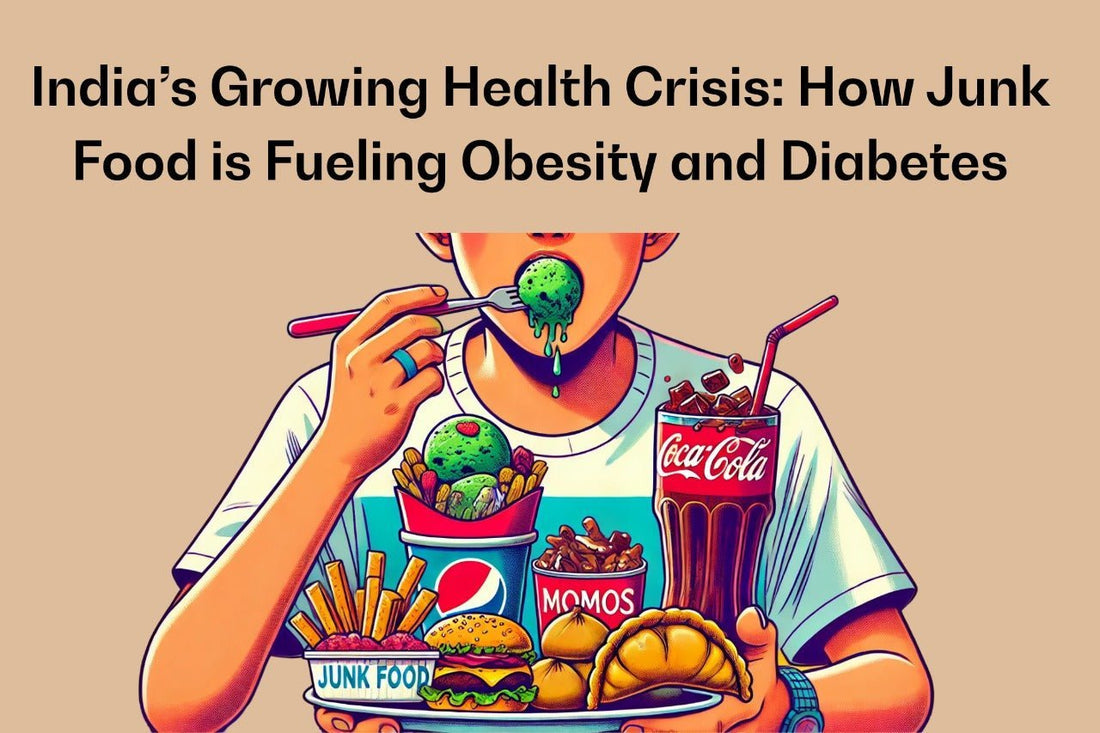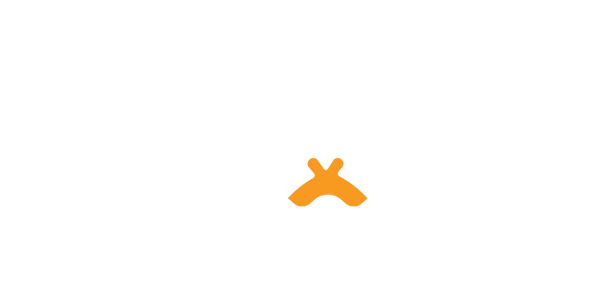
India's Growing Health Crisis: How Junk Food is Fueling Obesity and Diabetes
SHAILENDRA YADAVShare
Ultra-Processed Food: Why Your Cravings Aren’t Your Fault
I recently picked up Ultra-Processed People by Chris van Tulleken, expecting another take on why junk food is bad. But what I read left me shocked. The book dives deep into how ultra-processed foods (UPFs) hijack our brains, making us overeat without even realizing it. It turns out, junk food isn’t just unhealthy—it’s scientifically engineered to be addictive.
The more you eat, the more you crave. And this isn’t just about willpower; it’s about how food companies have hijacked our biology.
The Health Crisis We’re Facing
- Obesity in India: Nearly 25% of Indians are obese, with urban areas seeing a sharper rise.
- Diabetes Epidemic: India has over 74 million diabetics, expected to double by 2045.
- Undiagnosed Cases: About 57% of diabetics don’t even know they have it.
This isn’t just bad luck—it’s a direct result of what we eat. And junk food is everywhere, from ads targeting kids to ultra-cheap processed snacks flooding the market.
The Science Behind Junk Food Addiction
- Dopamine spikes: UPFs cause a surge of dopamine (the “feel-good” neurotransmitter), triggering a cycle of cravings.
- Pre-digested foods: They’re so refined that they digest instantly, spiking sugar and insulin levels.
- Gut disruption: UPFs disrupt the gut microbiome, impacting mood, digestion, and energy.
Food Companies and Their Role in This Crisis
Here’s the part that really made my blood boil: food companies know exactly what they’re doing. They fund misleading research, manipulate food labels, and market their products as “healthy.”
The biggest consumers of ultra-processed foods are often those with fewer resources. These foods are cheap, accessible, and heavily marketed in lower-income communities, while healthier options remain expensive and less convenient.
Breaking Free: What Needs to Change?
- Clearer labeling laws – So people know what they’re really eating.
- Regulate marketing – Especially ads targeting children.
- Encourage reformulation – Reduce harmful ingredients without making food unaffordable.
What You Can Do Right Now
- Eat Whole Foods: Stick to food with minimal ingredients.
- Check Labels: Avoid chemical-filled ingredient lists.
- Understand Cravings: They’re biological, not about willpower.
The System Needs to Change, But So Do We
Yes, India’s food system needs reform. But waiting isn’t an option. Food companies follow profits. When demand shifts, so will supply. If we stop buying UPFs, companies will be forced to offer better alternatives.
What We Can Do to Break Free
- Read food labels carefully
- Cook at home more often
- Limit ultra-processed snacks
- Support honest, clean brands
- Talk about it — awareness changes everything
The Power is in Our Hands
Every purchase is a vote. If we change how we shop and eat, the industry will follow. The next time you’re reaching for a snack, pause and ask: Is this food serving me — or am I just serving the food industry?
FAQs
UPFs are industrial formulations typically with five or more ingredients, including artificial additives, colorings, and preservatives. Think chips, packaged snacks, sugary drinks, and processed meats.
They stimulate dopamine release, giving us a temporary “high” similar to addictive substances. This makes us crave more, even if we’re full.
Not all packaged food is harmful. Look for options with minimal, natural ingredients — like roasted nuts, dried fruit, or natural nut butters with no added sugar or oils.
Usually, yes. It gives you control over ingredients, portions, and cooking methods — key to avoiding hidden fats, sugar, and sodium.
It depends. Commercial peanut butters with added sugar, oils, and preservatives count as UPFs. But natural peanut butter made with just peanuts and salt — like Nutty Village — is minimally processed and a healthy option.







